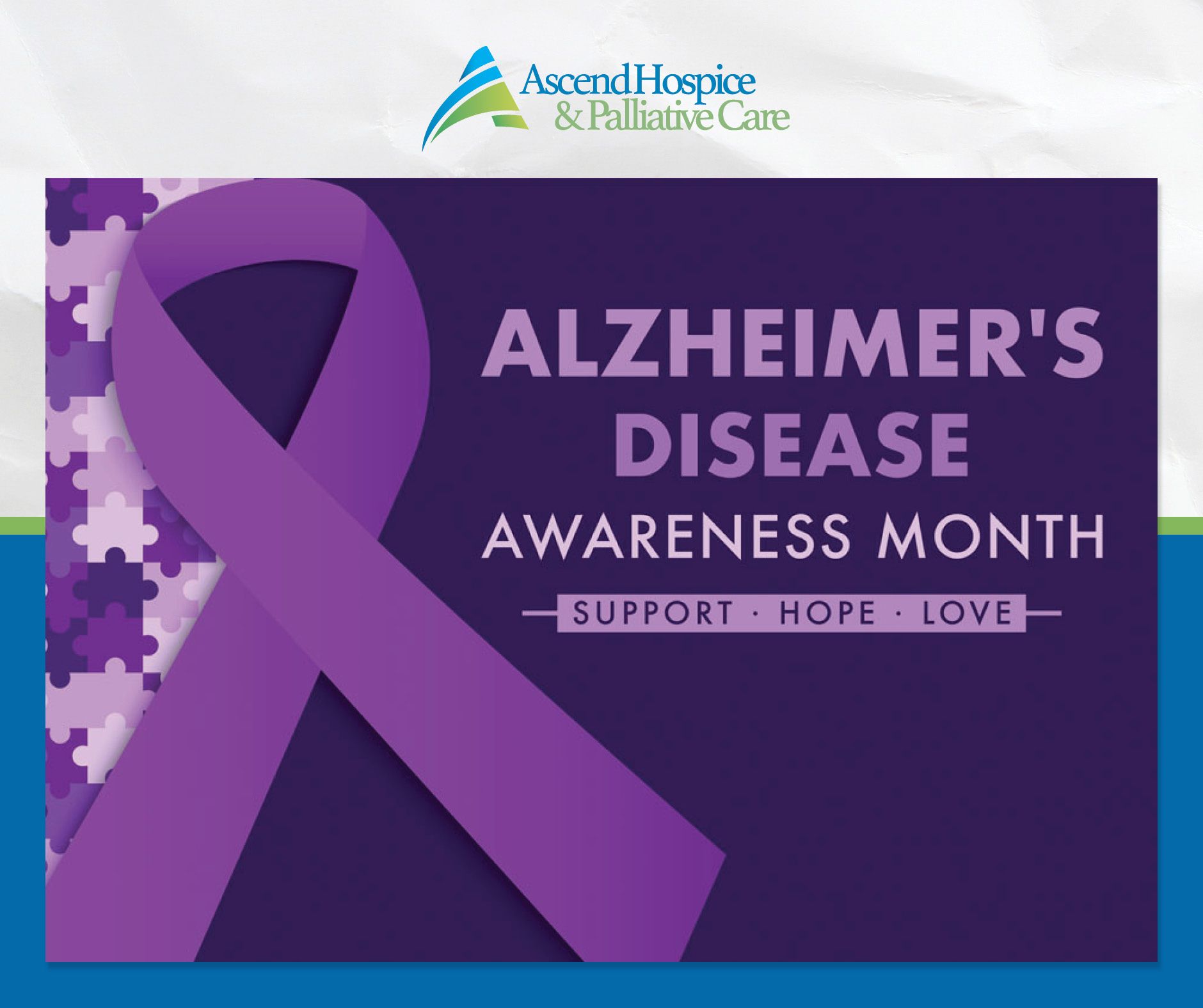COPING WITH A LIFE LIMITING ILLNESS
When diagnosed with a life threatening illness our world shifts. Time becomes thought of ‘before’ the illness to ‘after the news.’ Your world feels as if it’s been thrown off kilter, and spinning out of control. You may feel completely lost, like swimming in a deep ocean where you can’t see the shore. But there are ways to learn to cope with the emotional distress, regain a sense of control and preserve your quality of life. It’s important to realize that you are not powerless. There are ways to help you cope with the stress, fear, hopelessness, anger and sense of having no control over your life. Learning coping techniques can help you navigate these difficult emotions and find a way forward. In this blog we share techniques for coping with a life limiting illness.
- Understand Your Emotions. Many of us are taught that emotions like fear, anger, and depression are a negative reflection on ourselves and should be avoided. But when living with a life threatening illness these emotions are normal and even expected. Understanding and acknowledging your emotions, rather than denying them, will be important to your ability to live better with your illness. By accepting your emotions you can learn coping techniques to help move past these unsettling feelings, where repressing them will simply allow them to build and potentially become overwhelming. Allowing yourself to feel what you feel, exploring why you feel this way will let the emotion pass. Talk to your physician about coping techniques like meditation, or taking a deep breath and becoming grounded in what’s around you - what you see, hear, smell, taste, and touch. Learning that you can overcome difficult emotions will help you feel less overwhelmed by them next time.
- Accept The Uncertainty. When you’re diagnosed with a potentially life-limiting illness you feel like you are living with a lot of uncertainty. It is so easy to get stuck focusing on the “what if’s”. Learning to know how to deal with the uncertainty of your future can feel impossible and overwhelming. How do you possibly move forward when worrying about what might happen? You move forward by focusing on today, on the now. Worrying about what might happen won’t give you more predictability about your future or any more control. But it will most certainly rob you of today and the good things you are still able to enjoy. Focus on the present.
- Let Others Uplift You. Living with a life-limiting illness can feel isolating. It’s easy to feel like no one will really understand because they are not living it. You should not carry this burden alone. Social support helps us feel less helpless in general and especially when battling illness. There is an abundance of evidence suggesting social support is linked with lower depression1, lower anxiety, and lower hopelessness levels among depressed patients2. Social support enhances quality of life and provides a buffer against adverse life events. Find a few, or even one, family member or friend you can confide in and lean on. Let others uplift you during this very difficult journey.
- Be Gentle To Yourself. Our self image can easily crumble when dealing with a serious illness. Your image of yourself may change. You may have considered yourself strong, brave, and fearless before your diagnosis. You may feel you are not a whole person anymore, but have become lessened by the conditions of your illness. Realize that you are learning to deal with a new normal, one that may have been completely out of the blue and unexpected. Our character is built from our past experiences, challenges and adversities that we’ve handled in life. It becomes our roadmap for life. But this is all new, it is like nothing you have experienced before. It will take time to learn to adjust, so be gentle with yourself if you feel you are not as strong or brave or fearless as you were. You will learn to live with your illness and adjust to your new normal, you will find your way back to yourself.
- Find New Joy. Reconnecting to what brings you meaning, purpose and joy will also help you feel less defined by your illness. Embracing what gives your life meaning will help you regain the sense of self and purpose that you may feel you have lost. If you cannot enjoy some of the activities you once loved because of your medical condition, you can still find pastimes that will enrich your life. Explore new hobbies or new experiences - nature, the arts, crafting, writing, baking, or even volunteering. Find something that will nourish your soul.
When life expectancy becomes limited, our hospice team offers comfort and care at a most sensitive time. We encourage patients to strengthen connections, have important conversations and embrace the time spent with loved ones during the transition to this important stage. Our personalized holistic approach to hospice care includes relief of pain and symptoms, as well as emotional and spiritual support for patients and their loved ones. Coping with a life threatening illness may be difficult, but you don’t have to do it alone. We hope these techniques will help, and remember, reaching out for help can make a world of difference.
1 - Social support and protection from depression: systematic review of current findings in Western countries. Published online by Cambridge University Press: 02 January 2018
2 - The Importance of Social Support in Mental Health, BENSON MUNYAN, PH.D., July 16, 2021



